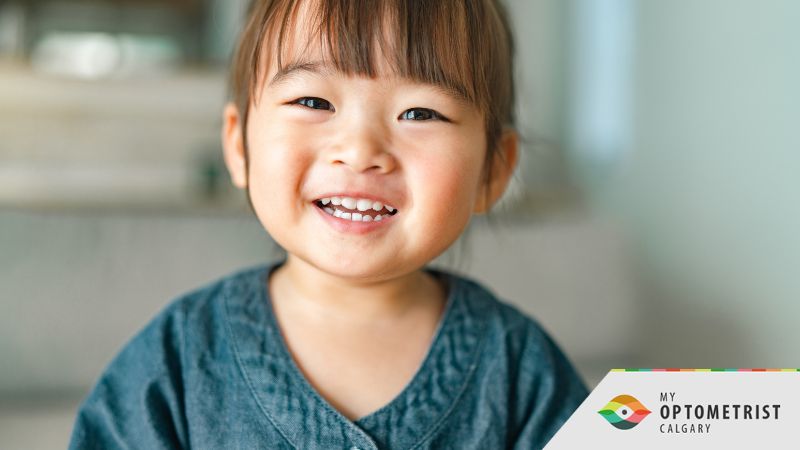
Childhood retinopathy is a condition affecting the retina's tiny blood vessels, which can develop from various causes, including prematurity or genetic conditions. Early detection through pediatric eye exams is crucial, as timely intervention can lead to better outcomes. While medical treatments like laser therapy are essential, addressing the emotional impact on both child and family is equally vital. Children may grapple with feelings of difference or fear, while parents might experience a spectrum of emotions. It's imperative for parents to educate themselves, provide a nurturing environment, and liaise with educational institutions to support their child's needs. This journey, with the right care and understanding, showcases human resilience and the strength of family bonds.
The human eye is a marvel of nature, a window to the world, and one of our most precious assets. For our children, these windows need to remain as clear as possible to ensure they explore, learn, and experience life to the fullest. But for some, the threat of retinopathy poses a dark cloud. Understanding retinopathy, especially in children, is paramount for early detection and timely intervention.
The Crux of Childhood Retinopathy
Childhood retinopathy is not just a medical condition; it's an emotional journey for the child and their family. It begins with the tiny blood vessels in the retina becoming damaged. While diabetes is a well-known culprit in adults, children can develop retinopathy from prematurity, certain systemic diseases, or genetic conditions. The earlier this condition is detected, the better the potential outcomes, making those early years of eye checks utterly vital.
The Golden Window: Early Detection is Key
Like many health conditions, the earlier retinopathy is detected, the better the potential treatment outcomes. Regular pediatric eye exams play a critical role in this early detection process. Even if a child seems to have perfect vision, subtle changes can be occurring at the back of the eye, often unnoticed. Pediatric ophthalmologists are trained to spot these nuances. They can identify early signs of retinopathy, even in infants, and ensure that appropriate intervention begins promptly.
The Paths of Intervention: Medical and Emotional
Once retinopathy is detected, a multi-faceted approach to treatment becomes essential. This is not only about medical interventions like laser therapy, injections, or even surgery in some cases but also about addressing the emotional and psychological impacts on the child and the family. Children may feel different or scared, and they need as much emotional support as they do medical attention. Parents, too, might experience a range of emotions, from guilt to worry. In these times, family counseling or support groups can offer invaluable comfort and guidance.
Parental Guidance: Navigating the Waters with Your Child
For parents, the discovery that their child has retinopathy can be overwhelming. Yet, they play a pivotal role in the child's journey with retinopathy. Educating oneself about the condition, potential treatments, and outcomes is crucial. It's about being there, understanding, empathizing, and walking alongside the child every step of the way. Parents can make a huge difference by creating a supportive environment at home, liaising with teachers to ensure the child's needs are met at school, and by always encouraging the child to express their feelings and concerns.
Childhood retinopathy, while challenging, is a journey that many families have navigated successfully with love, support, and timely medical intervention. With the advancements in medical science and a more profound understanding of the emotional aspects, a diagnosis of retinopathy is no longer a path walked in darkness. It's a testament to human resilience, the strength of families, and the undying spirit of children who, with the right support, can still see the world in all its colors and beauty. As parents, caregivers, and supporters, our role is to light their way, holding their hand, ensuring they never feel alone in their journey. Because together, every challenge can be surmounted.
Written on behalf of My Optometrist.
FAQs
Q: Can childhood retinopathy be prevented?
A: While not all cases are preventable, managing underlying causes, like controlling blood sugar in diabetic children, can help reduce the risk.
Q: How can I support my child emotionally if they are diagnosed?
A: Being there for your child, creating a supportive environment, and encouraging open communication are crucial. Consider counseling or joining support groups for additional guidance.
Q: Can children with retinopathy still attend regular schools?
A: Absolutely. Many children with retinopathy attend mainstream schools. Liaise with educators to ensure necessary accommodations are in place.